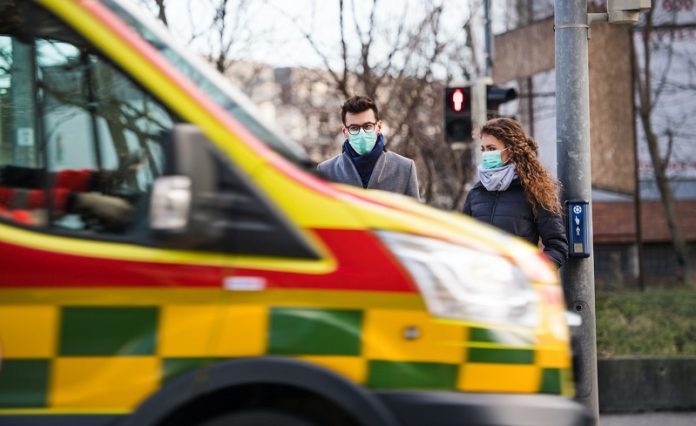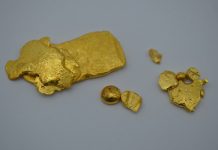
In a study from the Hospital del Mar Medical Research Institute and elsewhere, scientists found that high levels of certain chemical pollutants in the blood are linked to an increased risk of COVID-19 disease.
The study is the first prospective analysis using pre-pandemic data of pollutants in the blood of healthy people.
The findings provide a possible new explanation for the wide variation in susceptibility to COVID-19 disease.
Other factors that influence the risk of developing COVID-19 are co-morbidities (i.e., whether the person already suffers from other diseases), smoking, age, education level, the density of people in the home, or exposure to the virus on public transport or at work.
In the study, the researchers used frozen blood samples collected in 2016 from 240 persons from the general population of Barcelona.
They analyzed the relation between blood levels of organic pollutants and chemical elements with the frequency of COVID-19 in the same people during 2020-2021.
The findings showed that people with higher blood levels of certain pollutants had a higher risk of becoming infected and developing the disease.
The risk of developing COVID-19 was linked to DDD and DDE (derivatives of the pesticide DDT), as well as lead, thallium, ruthenium, tantalum, benzofluoranthene, and manganese.
High levels of thallium, ruthenium, lead, and gold, were associated with a higher risk of infection, while high levels of iron and selenium were protective.
An important finding of the study is that it identifies mixtures of up to five substances, from different chemical groups, each of which increases the risk of infection and disease.
The findings provide the first population-based evidence of a possible link between individual blood levels of certain pollutants and COVID-19.
The team says these pollutants enter our bodies through multiple routes, from electronic devices to the feed used in intensive animal farming.
If you care about COVID, please read studies that vitamin D levels could determine COVID-19 severity, and scientists find a new drug to treat both COVID-19 and cancer.
For more information about health, please see recent studies about the evidence on rare blood clots after COVID-19 vaccination, and results showing which COVID vaccine you get could affect your heart inflammation risk.
The study was conducted by Miquel Porta et al and published in the journal Environmental Research.
Copyright © 2023 Knowridge Science Report. All rights reserved.



